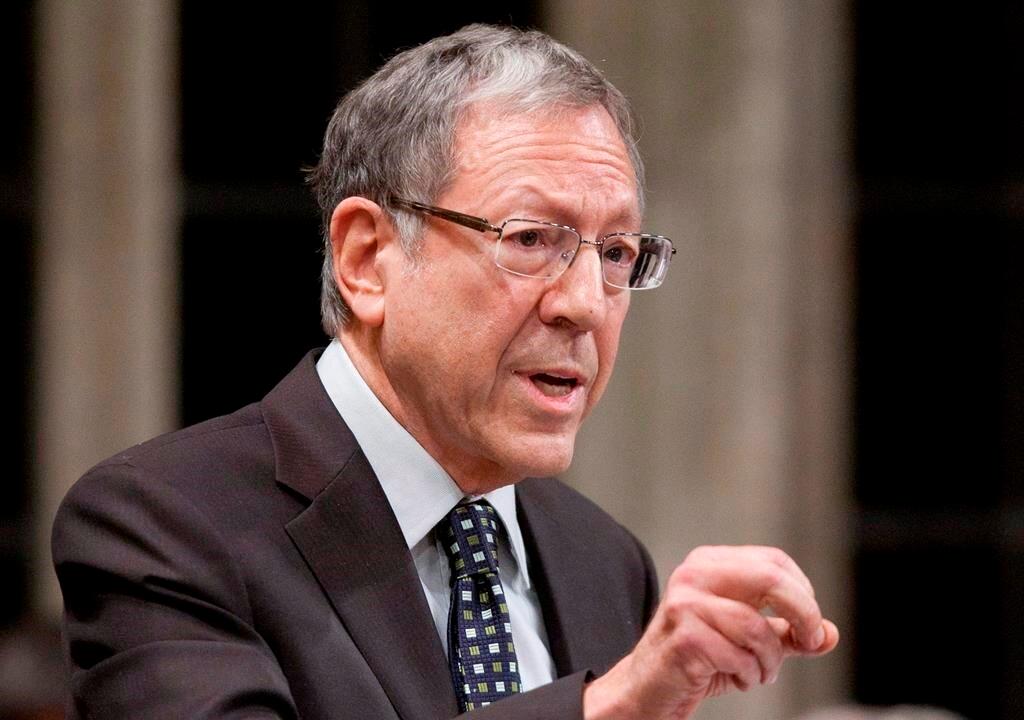Canada should align with its allies to exclude Chinese telecom giant Huawei Technologies from its 5G network, says former Liberal justice minister Irwin Cotler.
“We should be in the company of our democratic partners in the 5G, and not take a different position where that different position is in no instance warranted here,” Cotler said in an interview.





